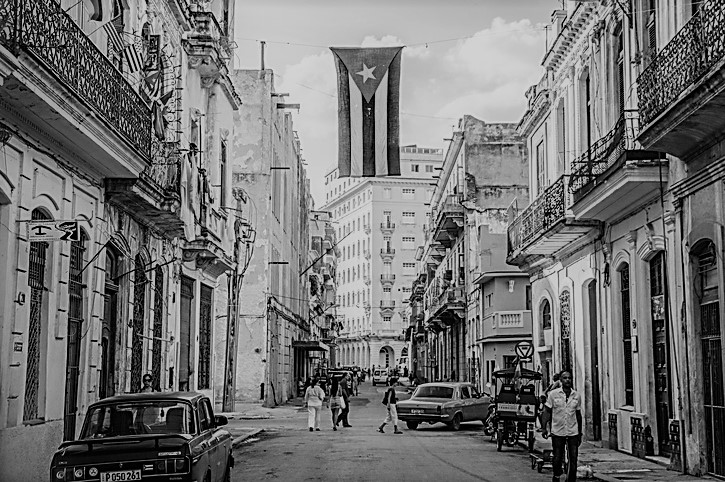Businesses catering to U.S. tourists visiting Cuba have had a rude awakening in the last few months after enjoying a 2-1/2-year boom.
First, U.S. President Donald Trump in June ordered tighter restrictions on travel to the Caribbean island. Then the U.S. State Department warned on Friday against going there after a spate of alleged attacks on its diplomats in Havana, stating until the cause was determined, it could not guarantee Americans’ safety.
The new regulations have not yet been published, and the warning does not mean Americans cannot travel to Cuba. Still, the moves relegate the island back to the realm of “forbidden fruit” to be enjoyed at one’s peril.
“Just as the re-establishment of Cuba-U.S. relations was a positive influence, now this will be very negative,” said Jose Enrique Montoto, who rents an apartment, often to American guests, through the online marketplace Airbnb. “They are creating a mood of insecurity for those who want to travel to Cuba.”
Montoto, 57, said three U.S. citizens who were set to arrive in Havana on Saturday had canceled their reservation with him at the last minute without an explanation. He worried that more would do the same.
To be sure, less than 10 percent of foreign visitors to the island are Americans, even though the number of those travelers tripled to 285,000 last year due to new exemptions to the travel ban in the wake of the 2014 U.S.-Cuban historic detente under former U.S. President Barack Obama.
According to Cuban government statistics, that would place local revenues from Americans’ sojourns at about $300 million.
Cuba has long catered largely to Canadian and European tourists, and some local business owners said recent events under Trump were a harsh reminder not to rely too much on one market.
Still, others said Americans were particularly good clients who paid well. They also feared the U.S. travel warning would further tarnish Cuba’s image as a safe and idyllic destination after Hurricane Irma wreaked havoc there last month.
A dip in tourism this year would be a further blow to Cuba’s economy, which already is struggling with a drop in cheap oil shipments from key ally Venezuela, lower exports and a cash crunch.
WHAT ABOUT THE BOTTOM LINE?
Airbnb, American Airlines, United Airlines and other U.S. companies said on Friday that they would continue their operations on and to Cuba despite the travel warning and the new, tighter regulations.
However, business could suffer if fewer Americans visit there.
Trump has said he wants to eliminate one of the most popular exemptions to the U.S. travel ban on Cuba, the self-directed “people-to-people” category. Confusion remains about what will be allowed.
“I’m concerned about the impact (the warning) will have on our 2018 and 2019 business,” said Andrea Holbrook, owner of Gainesville, Florida-based Holbrook Travel, which runs tours to more than 30 countries.
“Cuba certainly has been an emerging destination,” she said on Saturday at a Havana conference organized by the Responsible and Ethical Cuba Travel association (RESPECT), a U.S. group of more than 150 businesses and non-profits bringing Americans to the island.
U.S. cruise operators such as Royal Caribbean and Carnival Corp may remain unscathed, experts said, since their guests can stay on board, while the alleged attacks on U.S. diplomats are said to have occurred at their homes and hotels.
U.S. tour operators said the alleged attacks had not affected any U.S. tourists and that Cuba remained one of the safest destinations possible.
“Our conclusion was this seems to be a political statement, not a warning because they are worried about peoples’ health,” said RESPECT Co-Coordinator Bob Guild.
Cubans in the hospitality sector said that rather than wait for relations to improve under Trump, they should instead look to new markets.
“He is trying to close the door to us ever more,” said Aimee Santos, 53, who rents out her flat, “but whenever a door closes, others open.”






